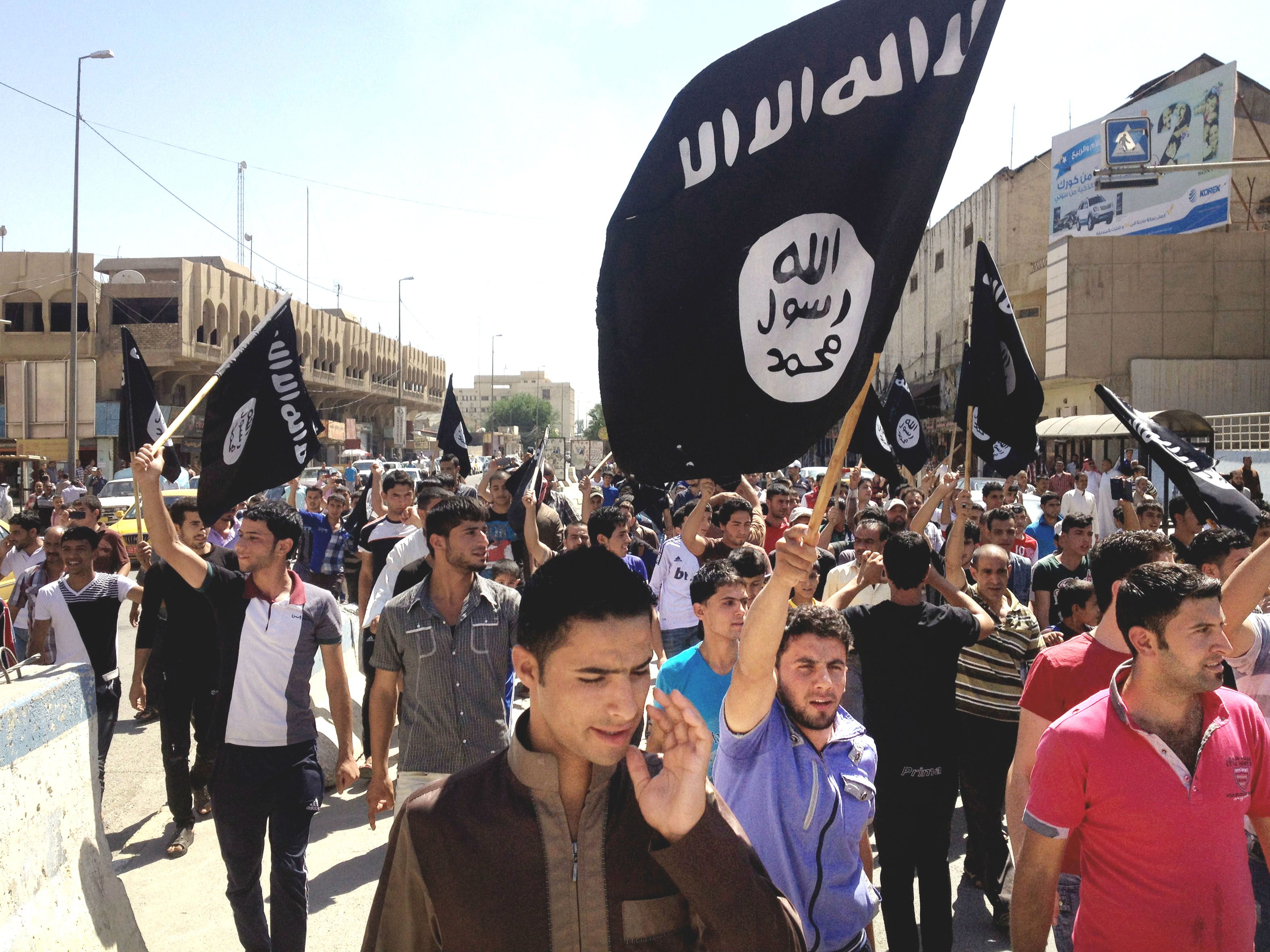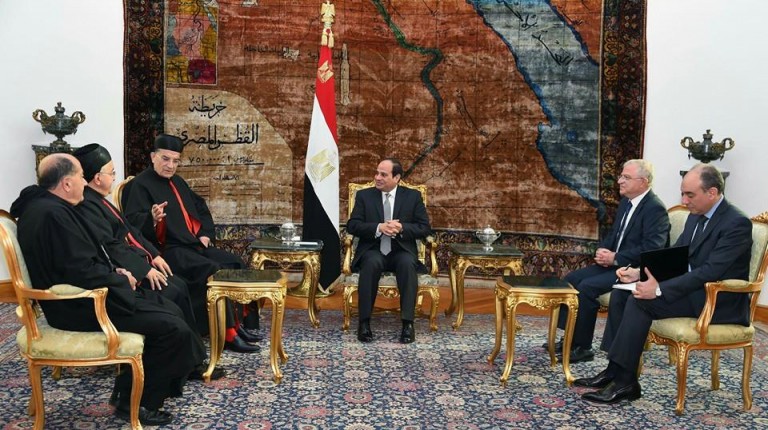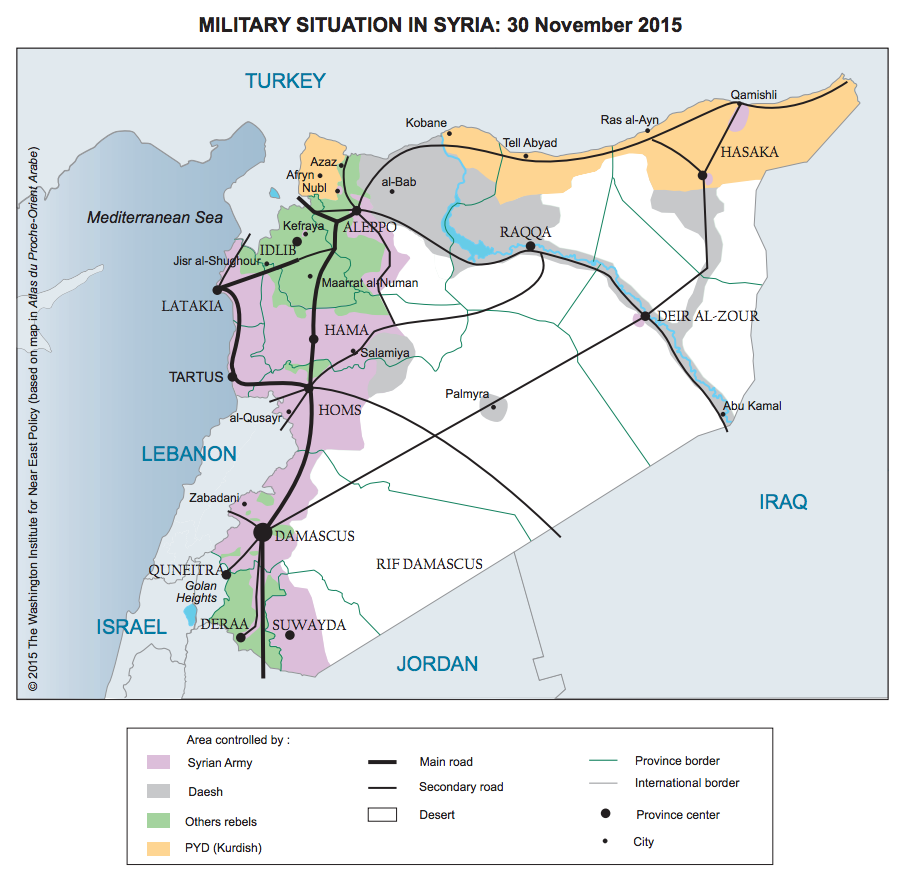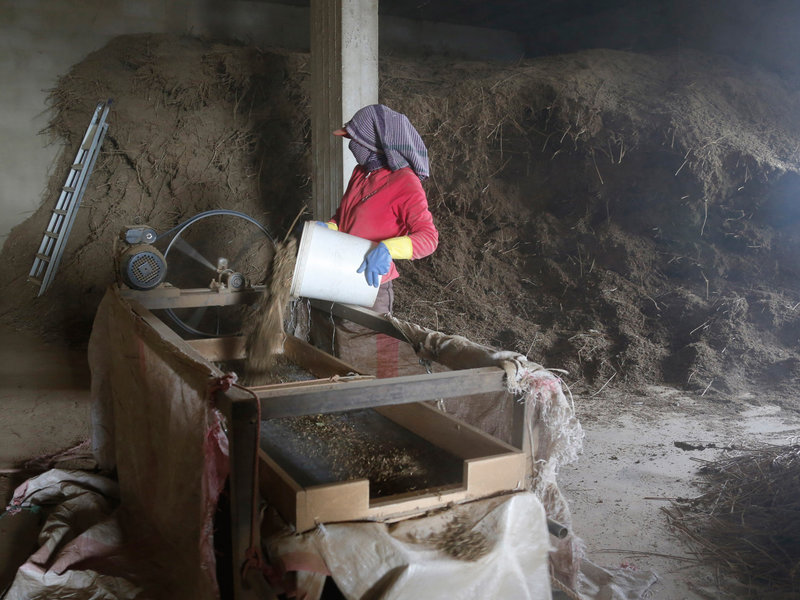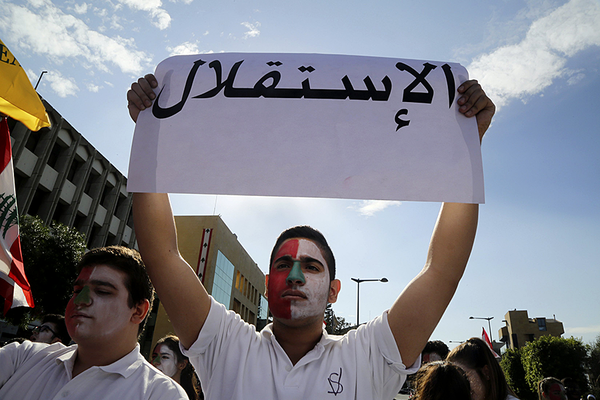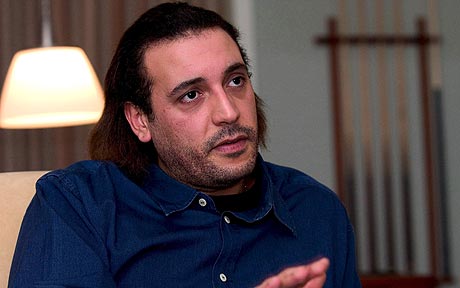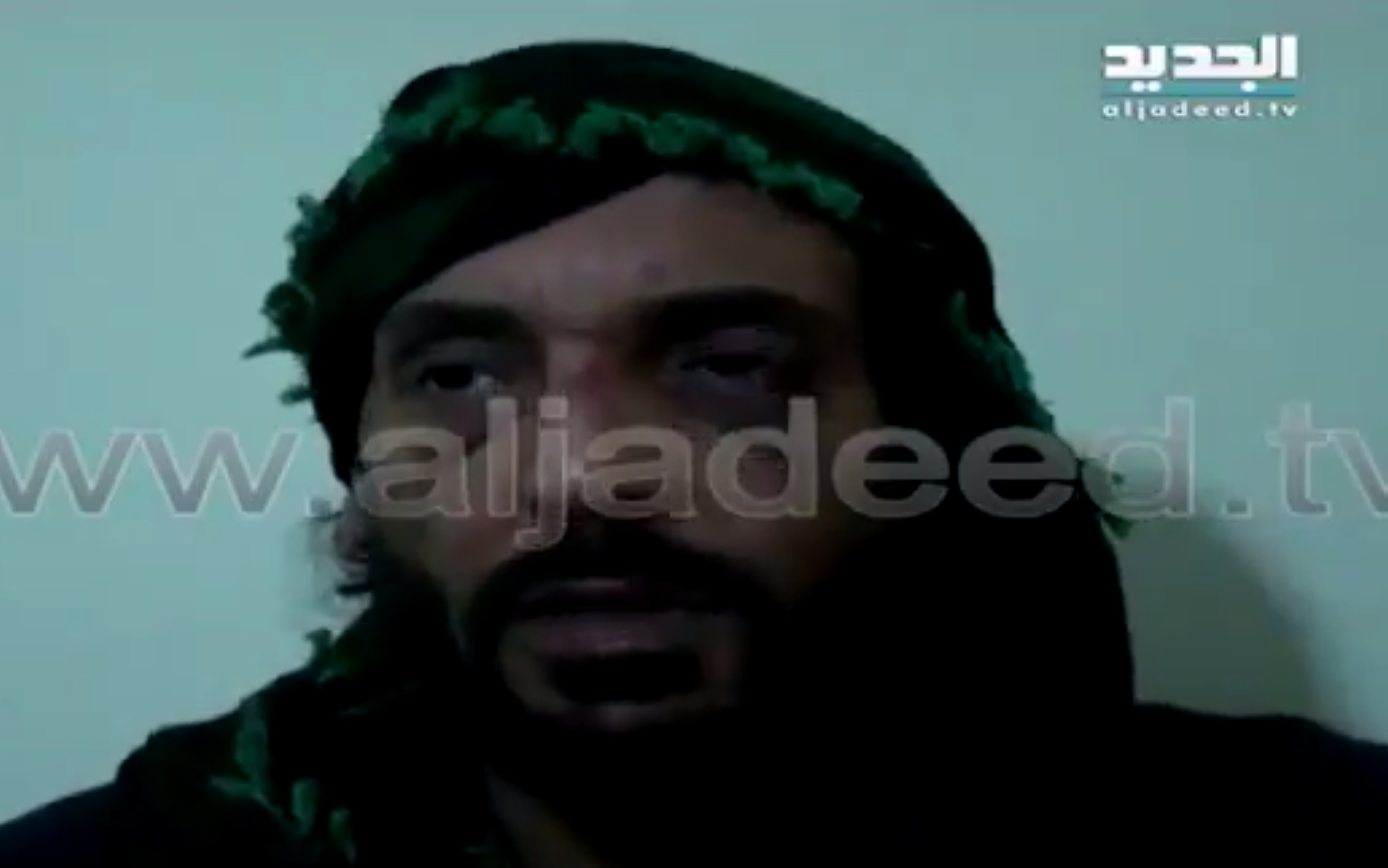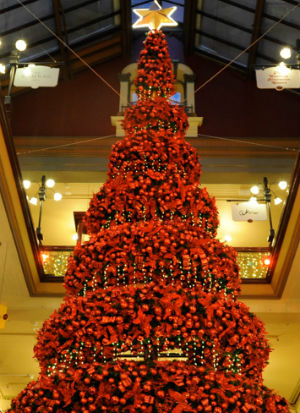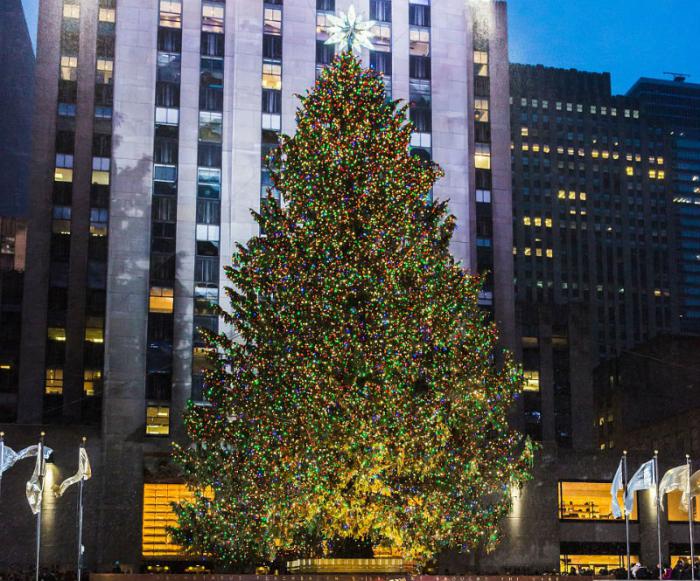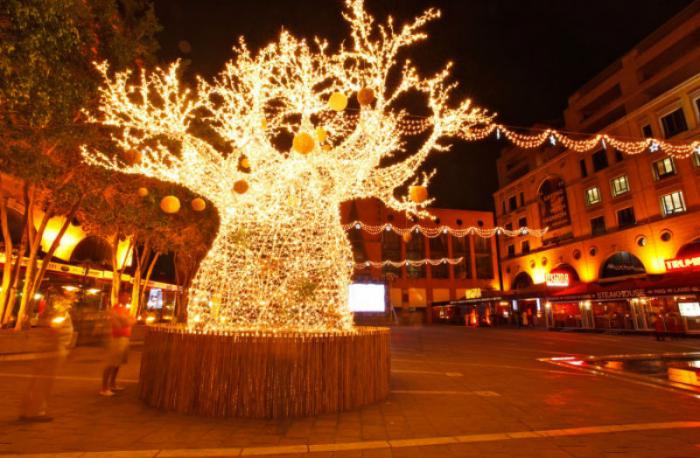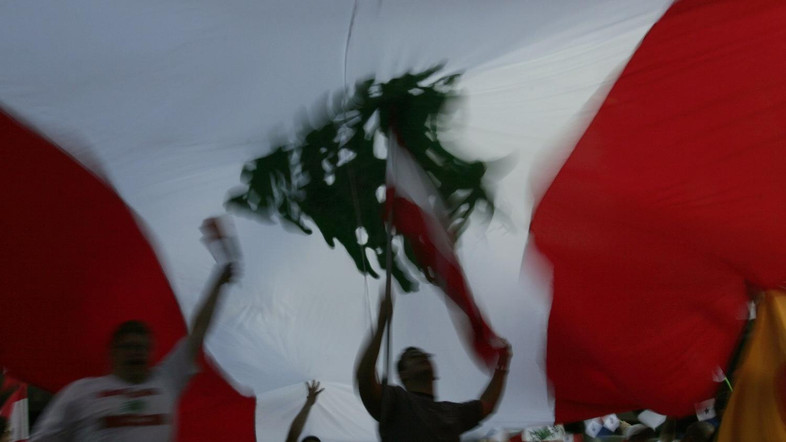
By Yorva Tsiakara Al Arabiya News
1-Everybody knows everybody in Lebanon.
2. If you do not salute your friends in three different languages, you cannot be called Lebanese (“hi”, “kifak”? “ca va”?).
3. You need to eat using your fingers and lots, lots, lots of bread!
4. How to start my mornings listening to Fairouz and eating manoushi.
5. Continue with mujadara and fool for a late lunch and knefe for desert.
6. You are supposed to congratulate someone who just had a shower.
7. How to recognize the mellow Beiruti accent from a harsher mountainous one.
8. That “habibi” and “hayati” can express your love but also your irritation.
9. Beirut gets forgotten when it comes to competing with a fancy European capital, even when they have both been attacked by terrorists.
